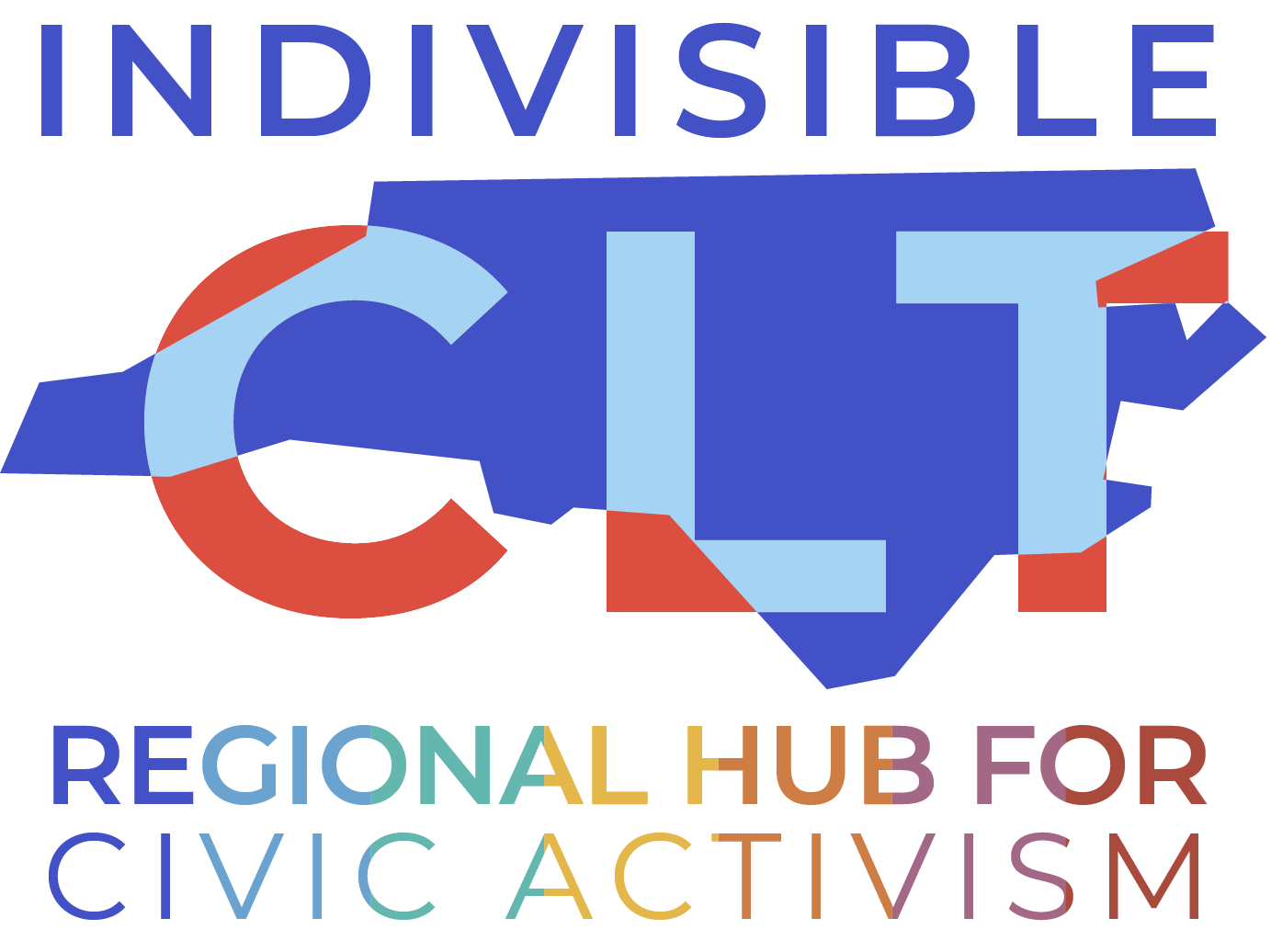Watch and listen to this recording of Indivisible Charlotte's 'In the Know Live' webinar from February 3, 2026 over Zoom, featuring Joyce Vance, former U.S. Attorney and esteemed legal expert on criminal justice and civil rights. In this engaging discussion with members of our Research Team, Vance discusses her book, Giving Up is Unforgivable: A Manual for Keeping Democracy, which provides essential guidance for defending democratic principles. The conversation explores critical issues including the health of the DOJ, voter suppression tactics, and the importance of civic engagement, particularly among younger generations. Vance shares insights into the importance of due process, free and fair elections, and how community activism plays a pivotal role in maintaining democratic integrity. This enlightening conversation empowers citizens to participate actively and intelligently in their democracy.
Listen: Spotify | Apple Podcasts | YouTube | Pocketcasts | Substack
Please subscribe to our podcast on Substack, YouTube, or wherever you listen to podcasts!
To learn more about Indivisible Charlotte and participate in future events, visit www.indivisibleclt.org.



